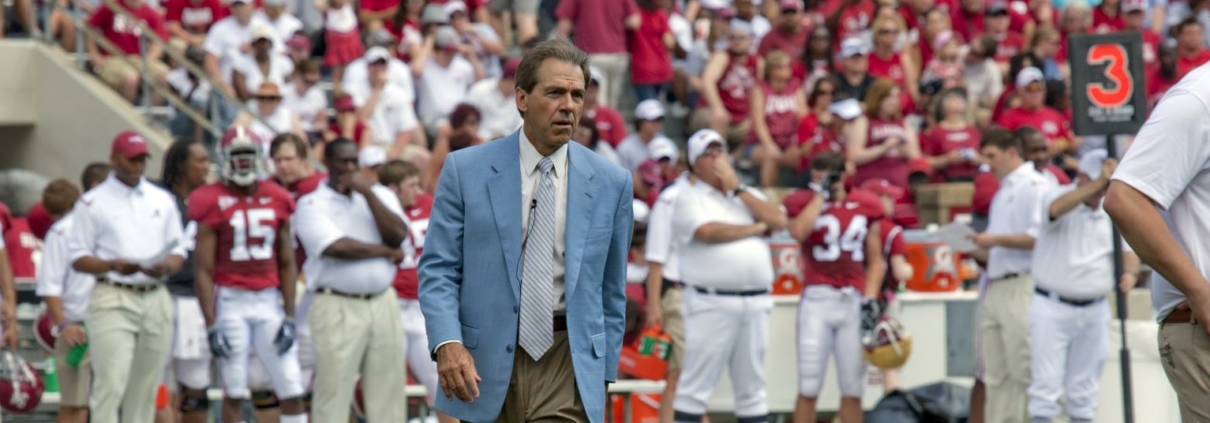Hold Strong Beliefs Loosely
In Streetlights and Shadows, Gary Klein posits that while procedures and rules provide structure and predictability, they can also inadvertently undermine expertise by stifling the very spontaneity and intuition that often lead to innovative solutions and astute judgments. This principle is profoundly applicable in the realm of investment management.
Investment management is an environment where structured spontaneity thrives. The market is a dynamic entity constantly influenced by myriad factors such as economic indicators, policy decisions, technological advancements, and social trends. Successful investment managers are those who are adept at navigating this uncertainty. While they may follow established investment principles and strategies, they also recognize the value of being spontaneous, making intuitive decisions based on their experience and understanding of the market’s rhythm and nuances.
An overemphasis on procedures can erode this expertise. As Klein suggests, excessive reliance on rules and procedures could limit the ability of investment managers to respond effectively to market volatility and unpredictability. For instance, a procedure-driven approach may restrict managers from capitalizing on a promising investment opportunity because it doesn’t fit within the established guidelines.
Purely procedural or algorithmic investment management approaches also have their limitations. While they can process and analyze vast amounts of data, these algorithms lack the human ability to comprehend the subtleties of the market and make intuitive judgments. Algorithms are programmed to follow set rules and cannot deviate from them in response to unprecedented market events or shifts in the economic landscape. Thus, their effectiveness is inherently limited by their lack of flexibility and adaptability, which are crucial in the unpredictable world of investment management.
Moreover, procedures could potentially hamper expertise development. The market teaches investment managers to learn from failures and successes, fine-tuning their strategies and honing their instincts. However, a rigid procedural framework could prevent them from making these essential experiential learnings.
That’s not to say that procedures do not have a place in investment management. They are essential for maintaining order, ensuring compliance, and minimizing risk. However, they should not be so inflexible as to impede the spontaneous decision-making that can allow investment managers to seize unique market opportunities.
The crux of the matter is achieving a balance between structure and spontaneity. Investment managers should be able to employ procedures when necessary while also harnessing their expertise and intuition. They should be able to pivot when the market dictates, even if it means deviating from the plan. As Klein suggests, hold your procedures, like your beliefs, loosely. They are tools to guide you, not chains to bind you. In the shadowy, unpredictable world of investment, the streetlight of procedures can illuminate the path, but it’s the shadowy intuition and expertise that often reveal the golden opportunities.
Winston Churchill, the Prime Minister of Britain during World War II, provides a vivid example of this principle in action. As a leader, he had the challenging task of steering his nation during one of its darkest hours. He relied on procedures, such as gathering extensive intelligence and holding regular war cabinet meetings, to maintain order and make informed decisions. However, he also knew when to deviate from established protocols and trust his intuition. A prime example was the decision to carry out the D-Day invasion. Despite numerous risks and uncertainties, including adverse weather conditions and potential German counterattacks, Churchill backed the audacious plan. His decision, largely intuitive and against conventional military procedure, ultimately changed the course of the war.
Process and Deviation
Nick Saban, the famed American football coach, is well-known for his steadfast belief in “The Process,” a philosophy that emphasizes focusing on the steps necessary to achieve a desired result rather than obsessing over the result itself. It involves breaking down a goal into manageable, actionable tasks, and then focusing on executing those tasks to the best of one’s ability.
Nick Saban’s unwavering commitment to “The Process” is a defining characteristic of his coaching philosophy. He rarely deviates from this methodical approach, regardless of the situation or pressure. Saban understands that consistent execution of each task, no matter how seemingly insignificant, is crucial for overall success. He firmly believes that focusing on the current step, rather than getting distracted by the end goal, ensures that every action is performed diligently and effectively. This unwavering adherence to “The Process” has been instrumental in his long-standing success as a football coach.
However, Saban’s real coaching genius is not just in “The Process” it is in knowing when to deviate from “The Process” in order to keep moving forward.
In 2007, Saban faced a challenging predicament that called for a deviation from his famous “Process.” After a disappointing loss to Louisiana-Monroe, Saban had to rally his team to face a formidable opponent in Auburn the following week. He shifted his process-oriented approach slightly, emphasizing the importance of the immediate result – a win. Saban recognized that the team needed a morale boost, a tangible success to restore their confidence, which only a win could provide. This example underlines the importance of adaptability, an essential trait for investors. Market conditions can change rapidly, and investors must be willing to deviate from their process if it serves their long-term interest.
Another instance that required deviation from the “Process” was in the 2018 National Championship Game. Alabama trailed Georgia 13-0 at halftime, and Saban made a high-risk decision to replace starting quarterback Jalen Hurts with freshman Tua Tagovailoa. This move deviated from his normal process of relying on experienced players, but Saban recognized the need for a fresh approach. Tagovailoa led Alabama to a comeback victory, demonstrating that sometimes, unconventional decisions can pay off in a big way.
Just as Saban’s “Process” has led his teams to multiple national championships, a sound investment discipline can help you reach your short and long term investment goals. However, it also require the flexibility to adapt when circumstances demand it, a trait as valuable on the football field as it is in the financial markets.
Brannon is a financial advisor with LPL Financial and also serves as the team’s wealth manager. He joined Prosperion Financial Advisors in 2004. In addition to being a Certified Financial Planner® (CFP) and an Accredited Portfolio Management Advisor®, Brannon has a Master’s degree in Leadership from Denver Seminary. He is passionate about helping clients make wise, informed, investment and financial planning decisions. He is married to the love of his life, Melanie, and is the proud father of his son, William. When not working with clients or spending time with family, Brannon enjoys being in the outdoors of the Colorado high country, skiing, fly fishing, and exploring wild country.

 LOC
LOC







